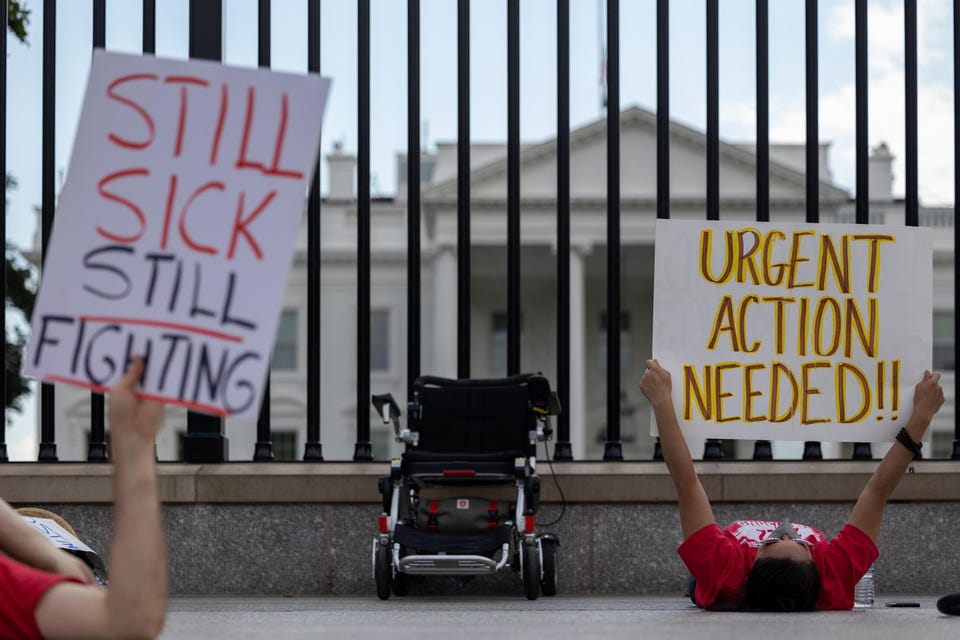More Than Half Of Long Covid Patients Suffer From Organ Damage Up To One Year After Covid Infection


A recent study published in the Journal of the Royal Society of Medicine, researchers analyzed MRI data of long Covid patients and found that mild organ damage continued to take place in 59% of the patients even up to one year after they got infected with the SARS-CoV-2 virus. From the MRI data, the researchers observed that mild damage took place in patients’ heart, lungs, kidneys, liver, spleen, and pancreas.
The researchers particularly focused on patients who were suffering from severe breathlessness, cognitive issues, and a significantly lower quality of life after a Covid-19 infection. Out of the 536 patients with long Covid who were a part of the study, 13% had been hospitalized after being diagnosed with the viral condition. And around 32% of the study’s participants were health care workers. Their mean age was 45 and 73% of them were women.
While 59% of them experienced impairment in a single organ, 29% were found to have multi-organ impairment one year after a Covid infection. The only good news from these findings is that, between six months to a year later, the number of patients who reported suffering from breathlessness reduced from 38% to 30%. For cognitive dysfunction, there was a 10% reduction from 48% to 38% and lower quality of life had the biggest reduction from 57% to 45% of the 536 patients.
“Several studies confirm persistence of symptoms in individuals with long COVID up to one year. We now add that three in five people with long COVID have impairment in at least one organ, and one in four have impairment in two or more organs, in some cases without symptoms,” the researchers wrote in their study.
“Impact on quality of life and time off work, particularly in healthcare workers, is a major concern for individuals, health systems and economies. Many healthcare workers had no prior illness,” they explained. “The scale of long COVID burden necessitates action to develop, evaluate and implement evidence-based investigation, treatment and rehabilitation.”
The researchers further added: “In the UK and other countries, long COVID carries high burden of investigations and healthcare utilisation across specialties, and definitive care pathways are lacking. Such MRI assessment has potential application beyond the pandemic for multi-system assessment and investigation, including in lower resource settings.”
According to a BBC report, in the UK, around 5000 to 10,000 NHS workers might be on prolonged sick leave due to long Covid. Many of them have said they feel abandoned by the NHS due to the lack of adequate sick pay. Since 2021, more than 40,000 nurses in the UK alone have quit their jobs due to burnout since the pandemic began in late 2019.
At present, researchers estimate at least two million people in the UK suffer from long Covid. Despite the high prevalence of long Covid, there are still no clear methods to diagnose the condition. Nor are there any medical treatments that can tackle long Covid at present. Patients have complained about doctors dismissing their long-term symptoms post infection like chronic fatigue syndrome or ME.
